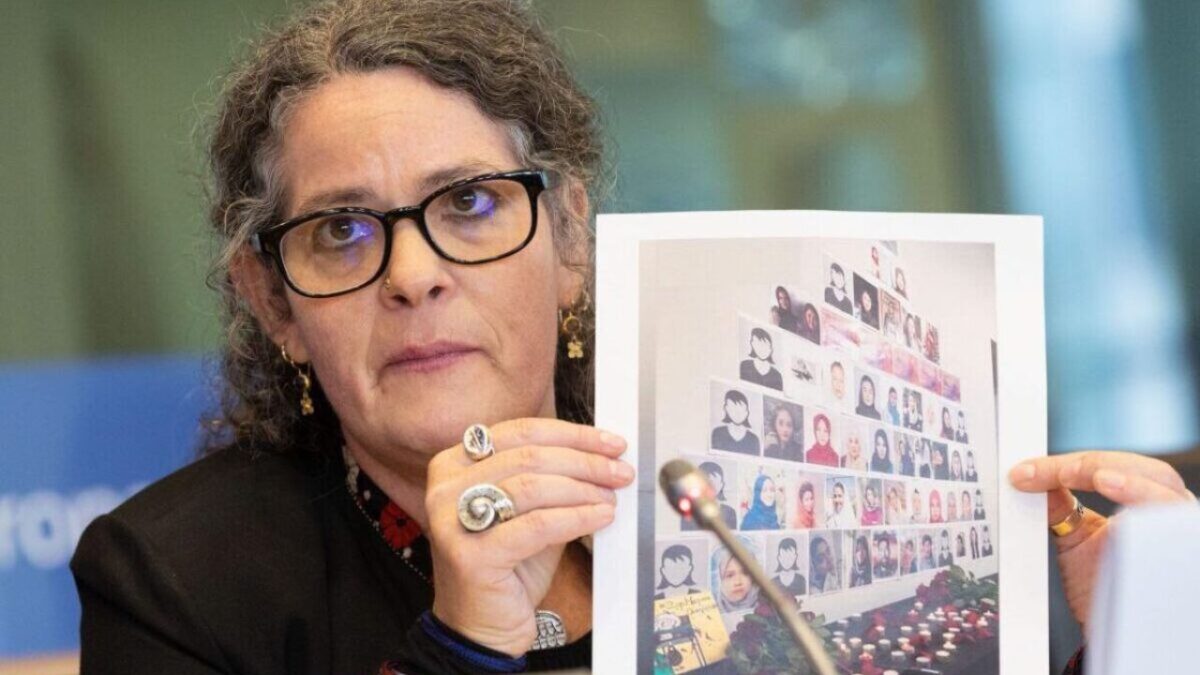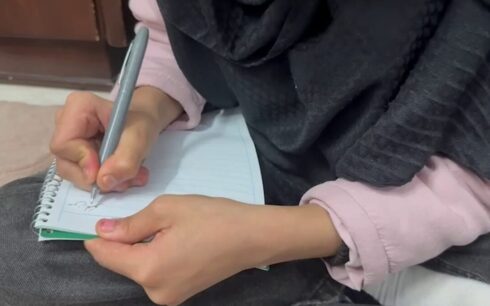Heather Barr, the associate director of the Women’s Rights Division at Human Rights Watch, has urged the inclusion of Afghan women in efforts by several countries to hold the Taliban accountable for its violations of women’s rights at the International Criminal Court (ICJ).
Last week, Germany, Australia, the Netherlands, and Canada issued a joint statement threatening to seek justice at the ICC for the Taliban’s human rights abuses under the Convention on the Elimination of All Forms of Discrimination against Women (CEDAW).
Barr emphasized the need for a legal team, largely composed of Afghan women lawyers, to lead this initiative. She noted that a significant number of Afghan women, including judges, have been living in exile since the Taliban’s return to power.
“One key step is for the countries leading this effort to collaborate as broadly as possible, including with non-Western and Muslim-majority states, to send a clear message to the Taliban and the world,” Barr said. “The second is to ensure that Afghan women are not just consulted, but play a central role in the process.”
Speaking at a session of the United Nations General Assembly, Thórdís Kolbrún Reykfjörd Gylfadóttir, Iceland’s Foreign Minister, voiced her country’s support for the initiative led by Germany and its allies to hold the Taliban accountable for their “grave violations” of human rights.
“A teenage girl in Afghanistan who sings a happy song in public runs the risk of being arrested, humiliated, beaten, or worse,” Gylfadóttir told the assembly.
Around 26 countries have expressed support for the initiative to hold the Taliban accountable for their treatment of women and girls. Afghan human rights activists have urged even broader international participation, calling for practical measures beyond mere condemnation.
“It is crucial for the international community to take concrete action, not just issue threats, to protect the rights of Afghan women and girls,” said Maryam Maroof Arwin, a women’s rights activist.
Since the Taliban’s enforcement of strict laws through its Ministry for the Propagation of Virtue and the Prevention of Vice, which have disproportionately affected women, global criticism has intensified. Afghan women and girls continue to call on the international community to press the Taliban to lift restrictions.
“Many of us live in fear,” said Nargis, a Kabul resident who spoke under an alias. “The Taliban warn us for any perceived shortcomings in our hijab. They say this time we can go, but next time, they’ll take us.”
While the ICC, based in The Hague, can pursue cases if formally referred by a country, Germany and its allies have made clear that they are holding the Taliban accountable under CEDAW, to which Afghanistan remains bound.





